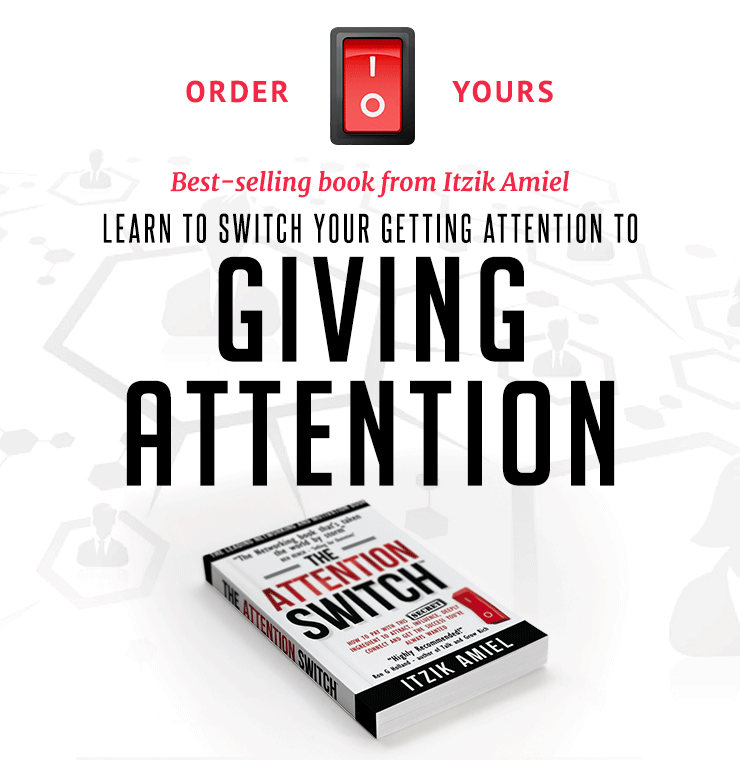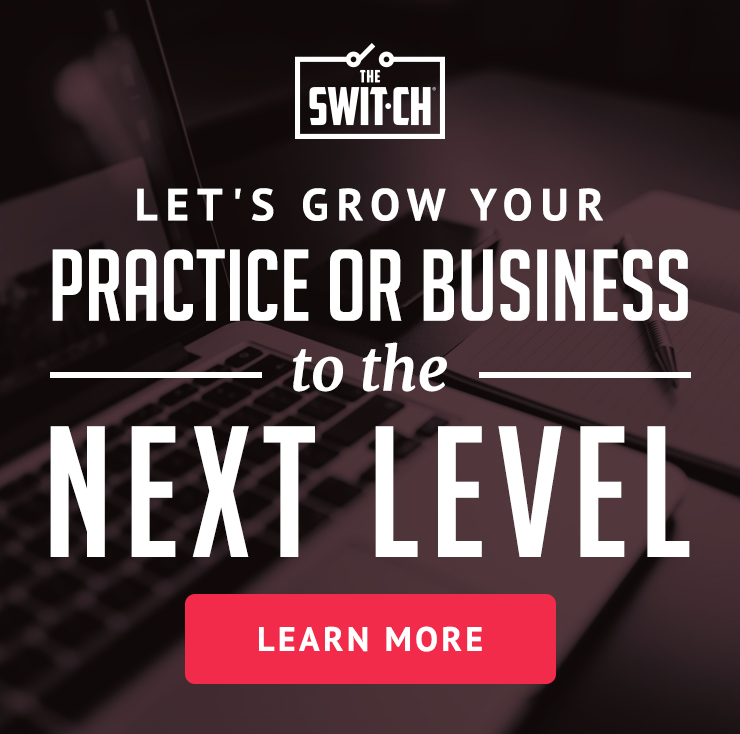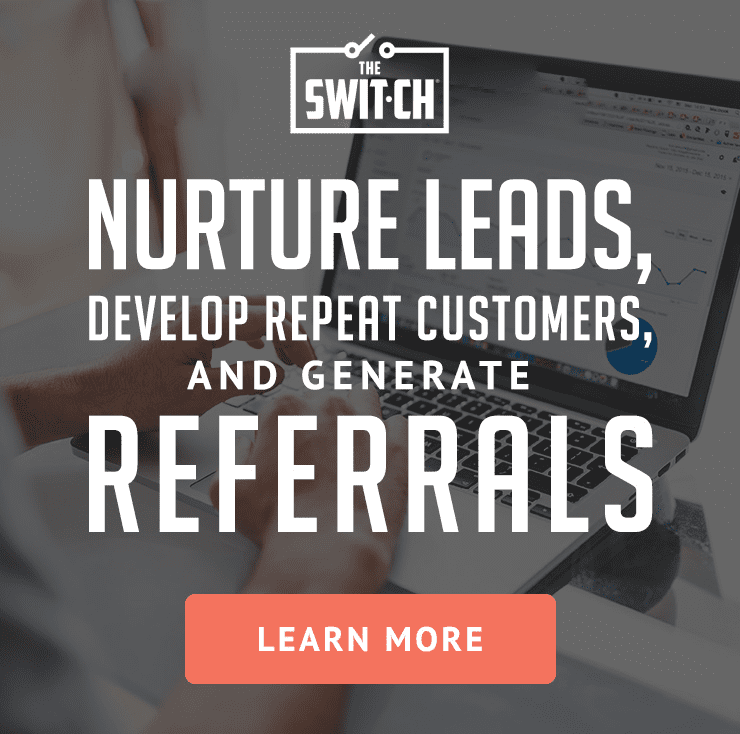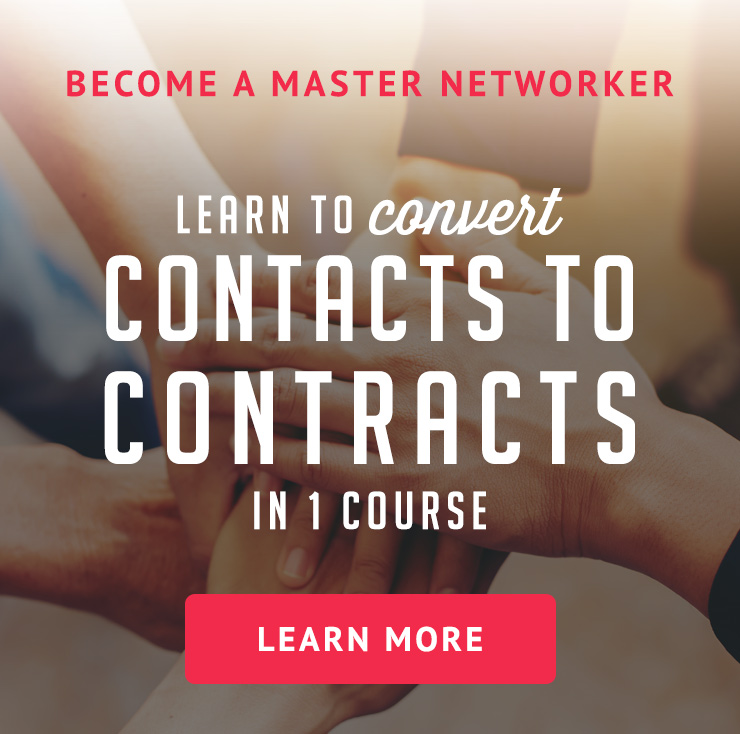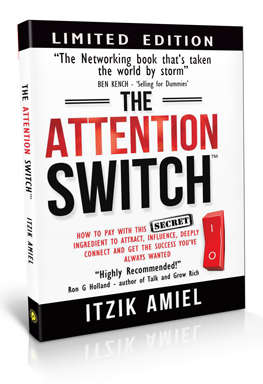My morning routine always starts with at least 5 acts of GIVING ATTENTION to like people in my close network.
I always start my day with positive energies and making somebody else happy by giving them my sincere Attention. Especially when they do not expect it.
Who doesn’t like positive surprises?
I always wondered what is the power of “Like” on social media platforms such as Facebook, Twitter (The term here is “Favourite”), Linkedin and other platforms with relations to building connections with other people.
Does it have the same effect as sending a handwritten card to somebody?
Or maybe it shows how lazy we became, so to congratulate somebody to his birthday we only need to push on one button? Or even worse than that some automated program did it for us.
Already in that point I want to separate between “like” on friends posts and social pages and the “like” you add to a specific brand social media pages.
There is no doubt that the latter is part of the social marketing strategy (a like-gating (also known as “fan-gating”) feature) of the brand and it out of the scope of this blog post.
You can read more about it in a interesting joint report, “The Power of Like 2: How Social Marketing Works” produced by comScore and Facebook that further stresses the effectiveness of engaged fans to a brand’s return on investment.
So back to the power of “like” on social media pages of your friends and connections. Let me share with you a short story.
Recently, I met a friend of mine, it was actually few days after he celebrated his birthday.
When I asked him how his birthday was, he grabbed his smartphone and excitedly showed me a long string of Facebook posts on his wall.
He made sure my attention was to the number of ‘likes’ he got. Almost trying to show me to see how many people really care about him and pay sincere attention to him.
Not to destroy his exciting mood, I avoided mentioning to him that everyone was alerted that it was his birthday on the right side of their Facebook page.
But does it matter? Or maybe he will feel great after all, for all the attention he got.
This incident made me think and investigate a bit more this interesting phenomenon and the amazingly strong power: The power of “Like”.
According to Facebook’s Help Center:
“Like” is a way to give positive feedback or to connect with things you care about on Facebook. You can like content that your friends post to give them feedback or like a Page that you want to connect with on Facebook.
I assume this definition also applicable for “like” of an update on Linkedin and Twitter and any other social media platforms.
‘Like ’ has now become a very popular social function by allowing users to express their like of certain objects. It provides an accurate way of estimating user interests and an effective way of sharing/promoting information in social media.
So, what is it about having so many people click “Like” on my friend’s birthday that made him feel so excited and so happy?
It hard to believe that my friend will be identical happy if offline many random people, that know him, will come up to him and tap on the shoulder and say ‘I like you’.
In order to be a likable person in real life, it very much depends on at least 3 parameters:
(a) Your Attitude: Your attitude will determine how interesting you appear to others. Your attitude affects what you say and how you say it.
(b) Your Presence: this is what you look like, how you dress etc
(c) How do you make people feel?
So it is hard to believe that the “like” button on social media has the same meaning as “like” in real life. I do not think it does.
So what does collecting a million “Likes” of a Facebook page actually mean in terms of dollars and cents? Well, if all you’re doing is counting them, not much.
In his interesting article “Will the Real Definition of “Like” Please Step Forward?” Ted Rubin, examine the meaning of the term “Like” in social media:
“The same goes for “Liking” an update, photo or anything else that’s shared online. For instance, a hundred people can increase your Facebook edge rank by “Liking” content, but that number is pretty meaningless unless you actually develop a one-on-one relationship with those people by getting them to actually TALK to you and eventually BUY from you because they find your content and/or product or service RELEVANT to their lives.”
Rubin examined the interaction from the side of the person receiving the ‘like’.
So if we examine it from the side of the person who push the ‘like’ button – you want to make sure that your ‘like’ had a (special and good) meaning and it got noticed by the receiver/ the post owner.
Two young people did an interesting social experience with the ‘Like” button on Facebook.
Mat Honan at Wired spent 48 hours Liking everything he saw. Elan Morgan did the opposite, going two weeks without Liking a single thing.
They came to different conclusions—Morgan reported that her feed improved and her desire to interact with people in real life increased, while Honan found himself inundated with click bait and political sludge.
Interesting results.
Based on my research done for my bestselling book “The Attention Switch”, It seems to me very obviously that “Like” is an example of what I would call, “virtual act of GIVING ATTENTION.”
We are all well aware of what it means to give authentic attention to someone and the ability to give her a special feeling of recognition. It is very powerful act of connecting instantly with another human being, if done properly and authentically.
But how does this fit, when you try to do that same in a virtual environment such as through e-mail or on social media?
Can you really influence someone emotional state by virtual interaction?
Is the power of giving Attention via a virtual platform as good as real-world giving attention and caring act?
How much is important for the quality of the attention that was given online that it really being given by our real (offline) friends or by simply people who we know online or even strangers we are connected to in someway or another?
In an interesting New York Times article, Dr. Shery Turkle talked about how
“We live in a technological universe in which we are always communicating. And yet we have sacrificed conversation for mere connection.”
According to Dr. Turkle,
”We are tempted to think that our little ‘sips’ of online connection add up to a big pile of real conversation.”
She goes on to say later in the article that,
“Connecting in sips may work for gathering discrete bits of information or for saying, ‘I am thinking about you.’ Or even for saying, ‘I love you.’ But connecting in sips doesn’t work as well when it comes to understanding and knowing one another.”
I absolutely agree.
But on the same time, I do believe that, somehow, mysteriously, that innocuous button labeled “Like” seems to give attention to others. It seems to carry with it a solid feeling of caring and kindness to your friends, be they offline ones or solely people you know online.
I do believe that the virtual “likes” are real and they are important. Just because it is only a “lazy click of like”, to the other person it may feel like a full glass of sips of water – big and powerful.
Your job is to make it authentic, genuine. You oblige to turn this connection to a real sincere conversation. Show that you really care.
It may not be as good as in real life, but it counts because it makes the other person feel better. And that what counts!
One warning: Be one of those who use the “Like” button to connect with others and give them your sincere attention and not one of those who ‘pretend’ to “like” other input on social media but actually pushing the “Like” button, as their own PR tool, to be seen by the other contacts of the person and only to GET ATTENTION to themselves! Yikes.
Now – go out there and spread every day some authentic acts of giving attention to others by using the ‘Like’ buttons on social media platforms (and do not forget to add some additional warm words).
This is an easy way to extend a simple kindness each day to your contacts and let them know that you are paying attention to their lives.
Do you agree that the ‘like’ button on social media can have a great connection effect? Do you use sometimes the ‘like’ button to surprise people that did hear from you for a while?
Try it, enjoy this magical moment and share the results, I’de LIKE hearing from you.

“Itzik is an International Speaker, Bestselling Author, Business Mentor & Attorney-at-law. The Global Leading Authority on Business Development, Business Networking, Referrals & Relationship Capital & Founder of THE SWITCH® and THE SWITCH HUB®”

